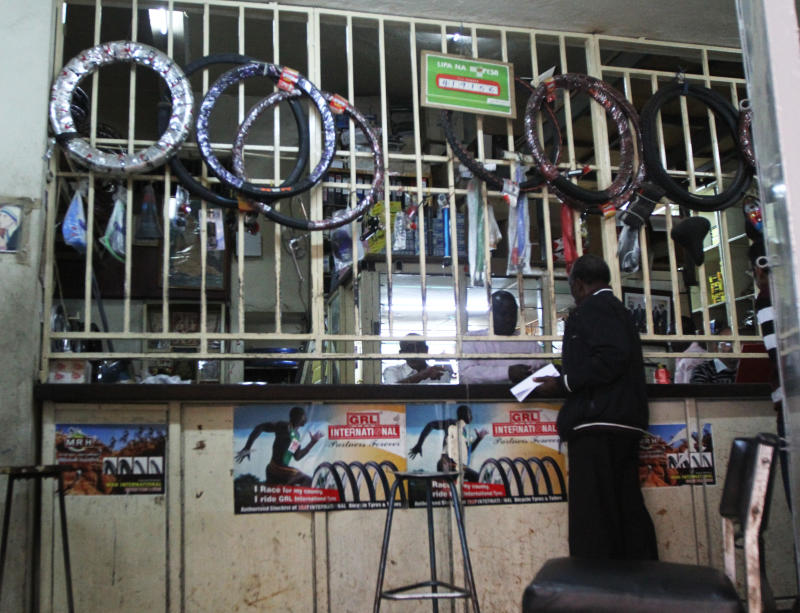
People around River Road in Nairobi where Mohinder Singh Vohra ran an obscure bicycle shop called him “Major”. It was their endearing way of acknowledging his firmness when making decisions and meticulousness in doing business. His staff called him Mzee due to his social stature and advancing age. To his peers, he simply was “MS”.
He was keen on little details; a perfectionist who would frown and clasp his hands in discomfort when he noticed things were not right. His mantra that his employees got used to was: “Let’s fix this…”